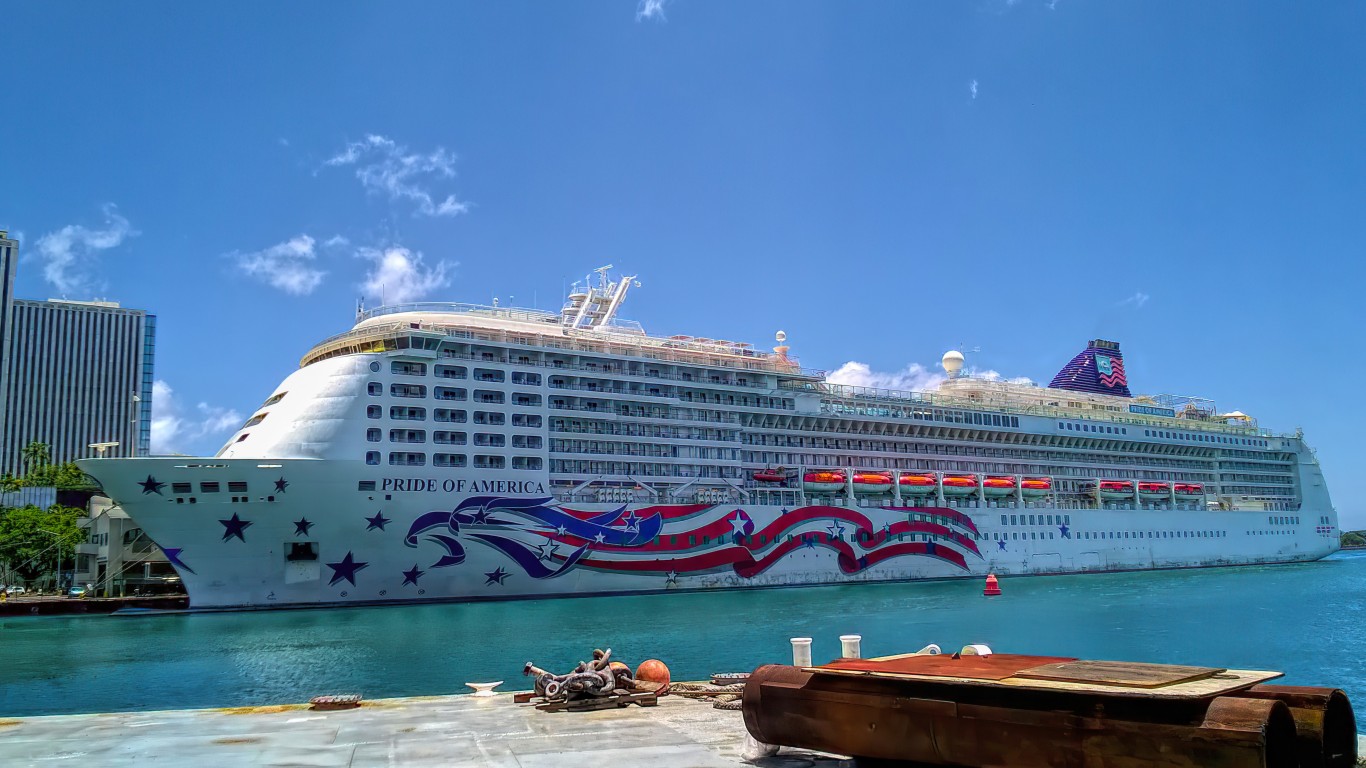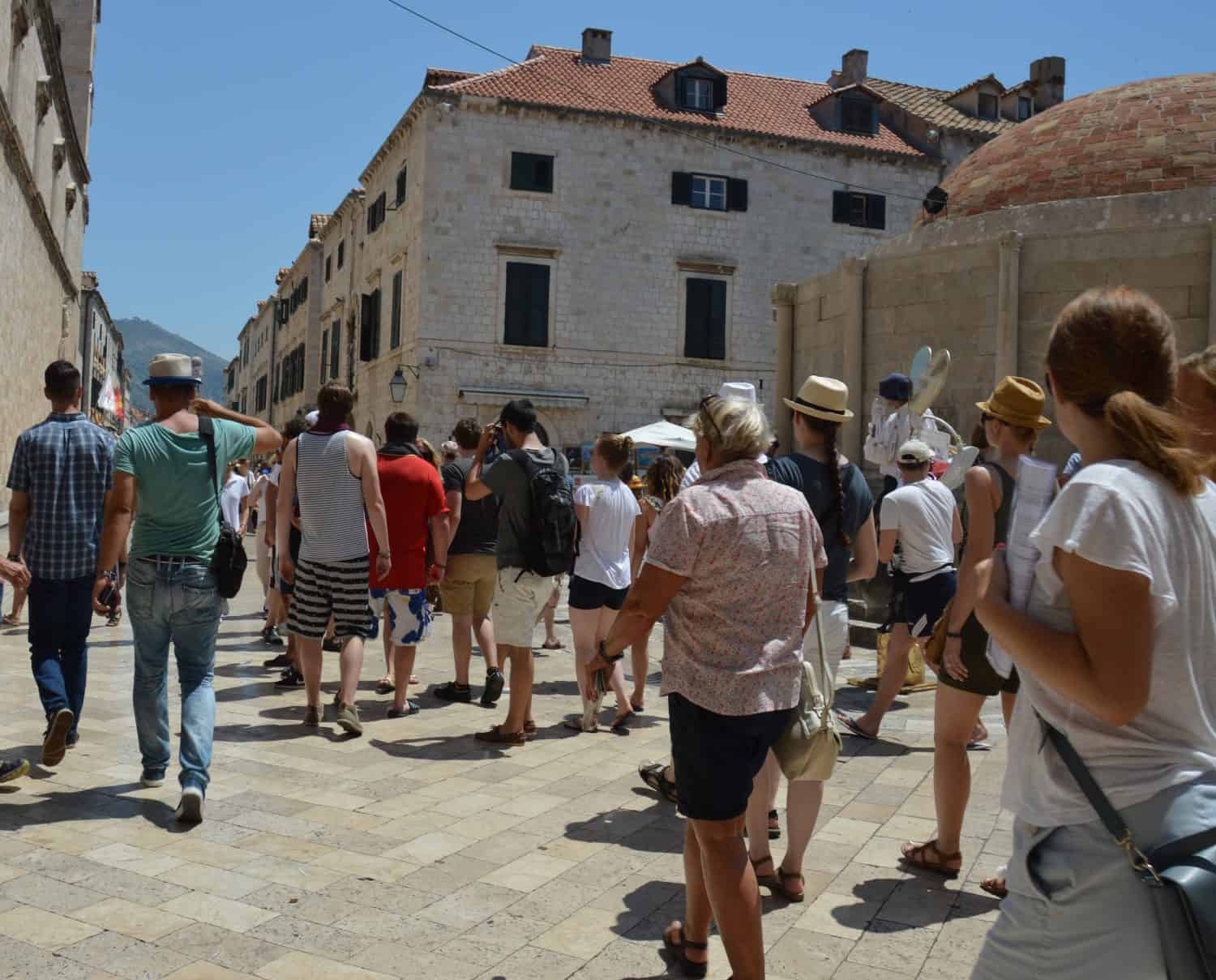
While Europe has long welcomed tourists across the region, something happened over the last 12 months. Whereas tourists were once a vibrant addition to the buzz of many cities, the residents of these cities and countries are now turning their back on the crowds. In fact, many European cities aren’t just turning their back on tourists but aggressively asking them to leave.
1. Overcrowding

In Barcelona and Venice, in particular, the overwhelming number of tourists is crowding historic centers. The local population is overwhelmed as public streets, squares, and attractions are difficult to visit or just pass through.
2. Infrastructure Concerns
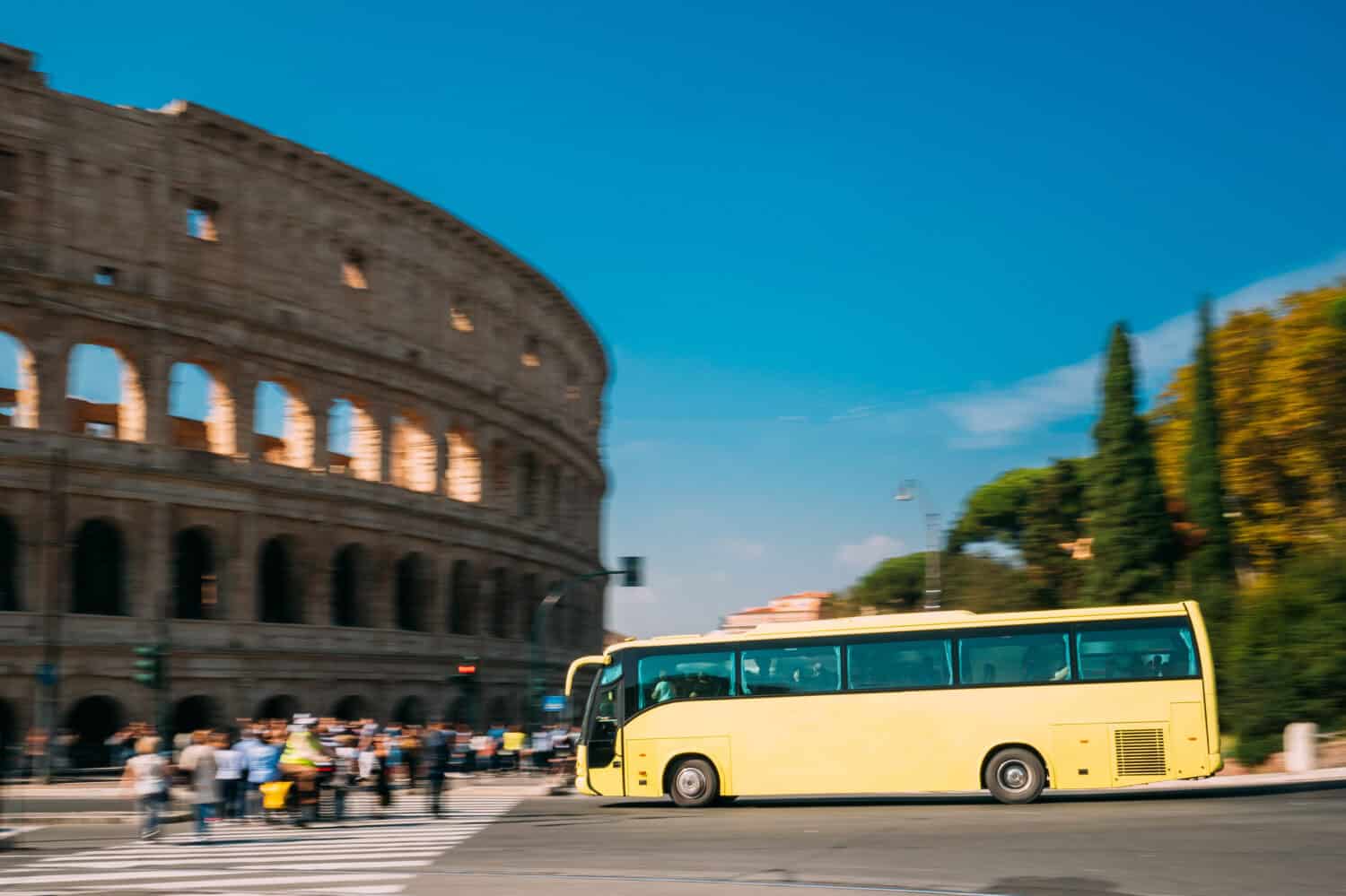
With the same focus on overcrowding, infrastructure concerns are a major emphasis for European residents. Trains and public transportation methods like buses are too crowded for the existing systems.
3. Ecological Issues
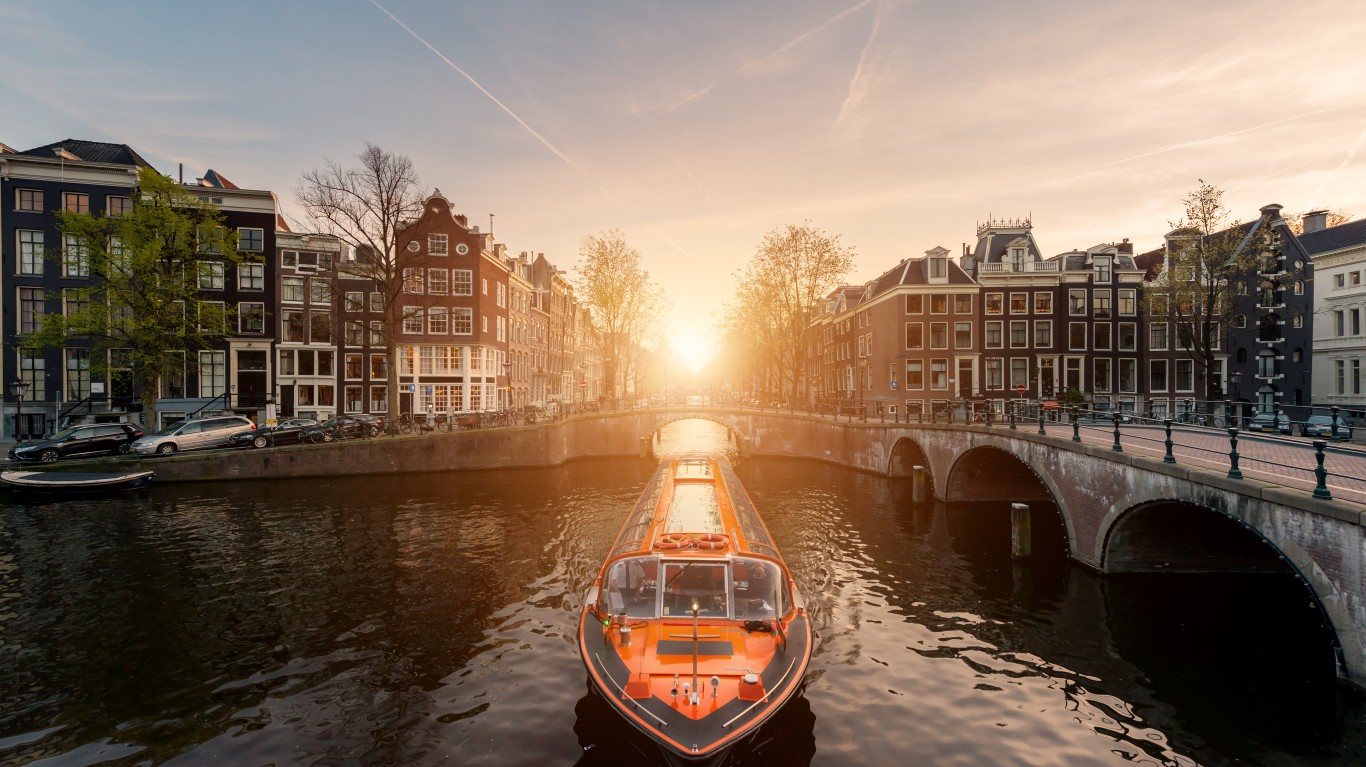
There is little question that environmental concerns are at the forefront of the rising resentment of tourists in Europe. For example, in Venice, cruise ships now park farther away from shore to avoid damage to the local ecosystem.
4. Increased Pollution
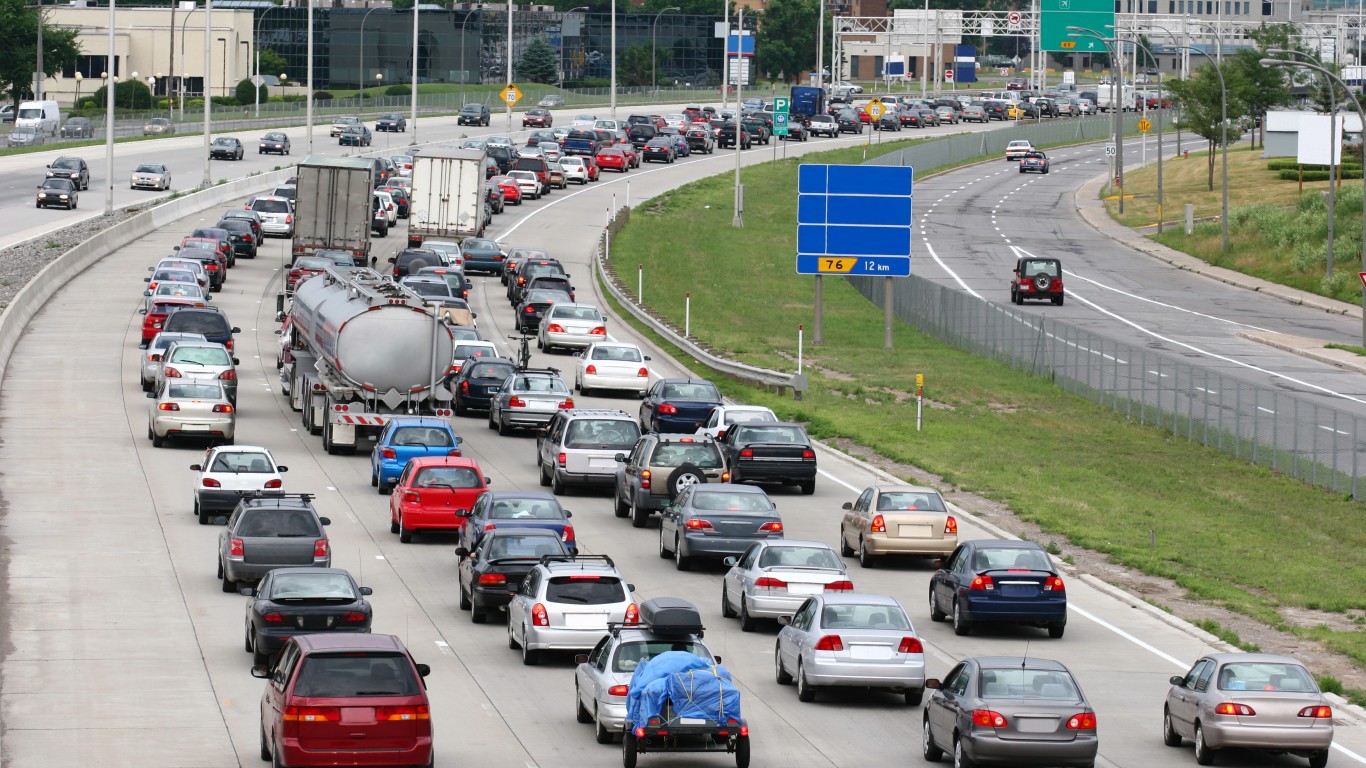
Along with infrastructure concerns, more pollution is another environmental impact of overcrowded tourism. It’s become too much for European residents between additional garbage and vehicle emissions.
5. Too Much Noise
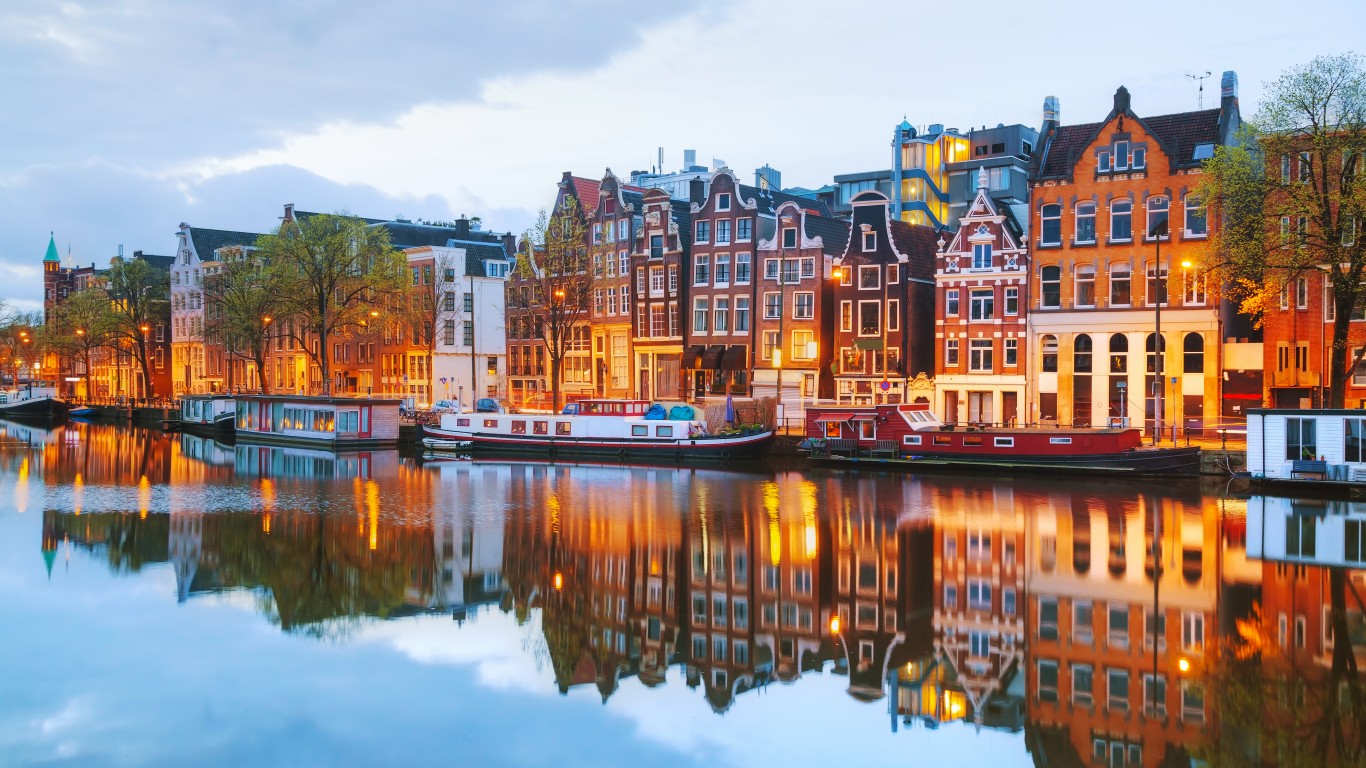
For many tourists visiting Europe, the nightlife has long been a highlight. This is especially true in Amsterdam, but this city is now actively discouraging tourists from getting high or drunk by threatening arrest.
6. Historical Concerns

In Dubrovnik, Croatia, where Game of Thrones was filmed, more than 1.2 million people visited in 2023 for a town of just 41,000 people. This foot traffic risks damage to the medieval walls that help make this city such a major tourist attraction.
7. Housing Crisis
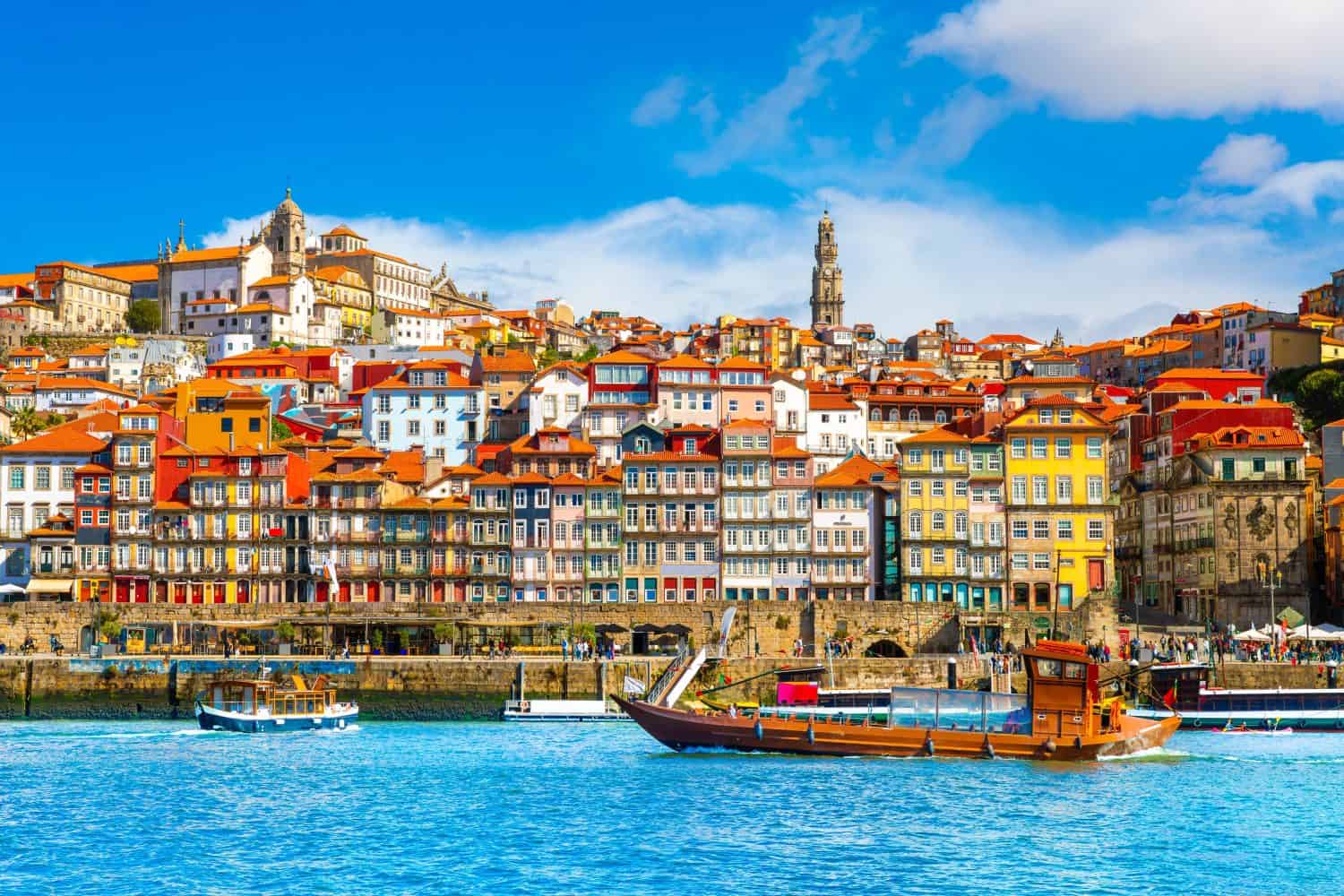
While companies like Airbnb are making money from this increased tourism drive in Europe, it’s also pricing out local travelers. In turn, hotels and Airbnb rentals are becoming more expensive, affecting residents who need to travel locally.
8. Local Economy Shifts

Much of Europe has long welcomed tourist-oriented shops as long as they don’t impact traditional businesses. Lately, there has been a priority shift as neighborhoods have become far less welcoming of tourist-specific shopping destinations.
9. Loss of Authenticity
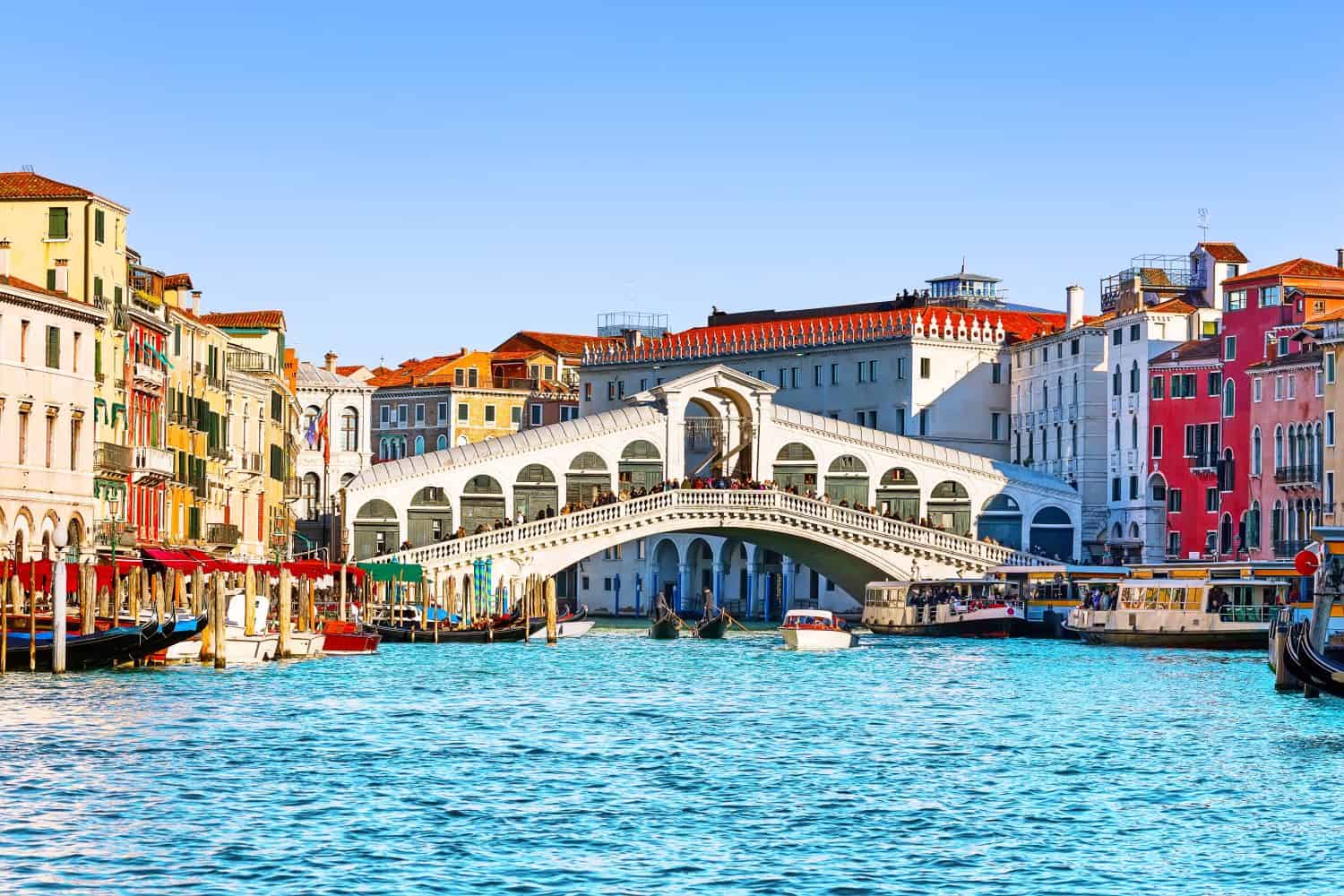
Much of Europe has long prided itself as authentic to these incredible locations’ history. However, too much tourism is causing many of these cities to lose themselves to the influx of non-traditional practices adversely impacting local culture, something Barcelona has looked to curtail by limiting tour groups.
10. Increased Crime
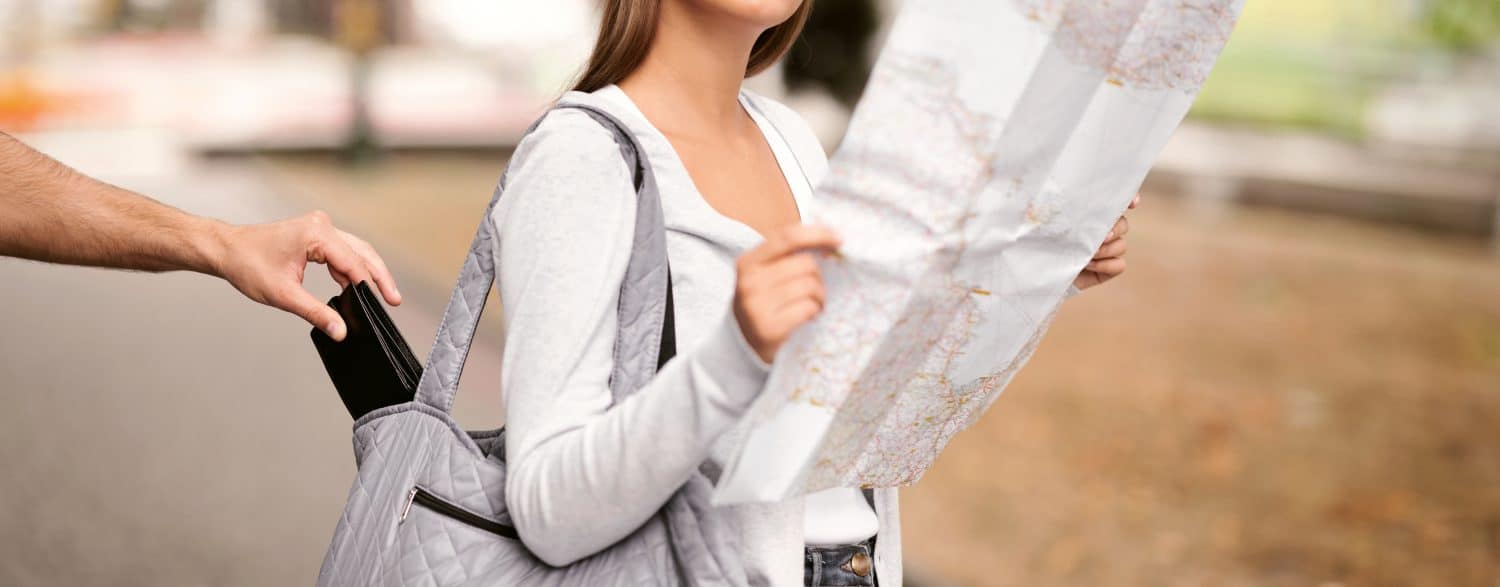
The rise of tourists also brings out the bad elements, including those who wish to prey on foolish tourists. Pickpockets don’t judge between residents and tourists, and the same goes for other petty criminals who might look to break into hotel rooms, allowing crime rates to rise dramatically.
11. Emergency Services

Should something happen while you are traveling, you want emergency services to be able to reach you as fast as possible, and the same goes for residents. Too many tourists are stretching first responders to the brink, and it’s detrimental to residents.
12. Rising Costs
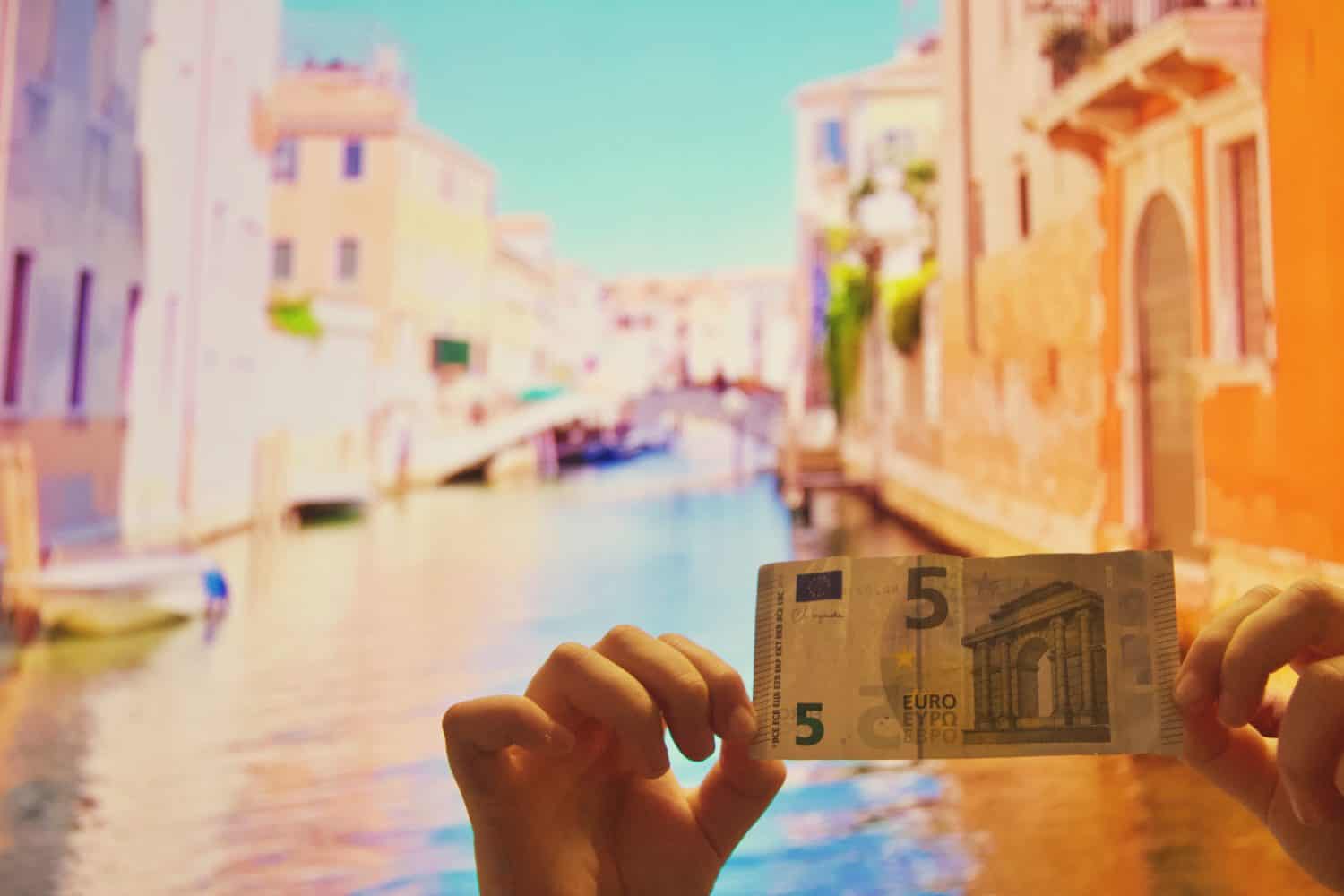
Cities like Valencia, Vienna, and Zagreb are reacting differently to help offset rising tourist visits. By upping tourist taxes, they are looking to offset all of the different impacts tourists can bring to the area. These cities are fed up with tourists coming in and breaking local culture, and they are taking action to reduce the impact.
It’s Your Money, Your Future—Own It (sponsor)
Retirement can be daunting, but it doesn’t need to be.
Imagine having an expert in your corner to help you with your financial goals. Someone to help you determine if you’re ahead, behind, or right on track. With SmartAsset, that’s not just a dream—it’s reality. This free tool connects you with pre-screened financial advisors who work in your best interests. It’s quick, it’s easy, so take the leap today and start planning smarter!
Don’t waste another minute; get started right here and help your retirement dreams become a retirement reality.
Thank you for reading! Have some feedback for us?
Contact the 24/7 Wall St. editorial team.

